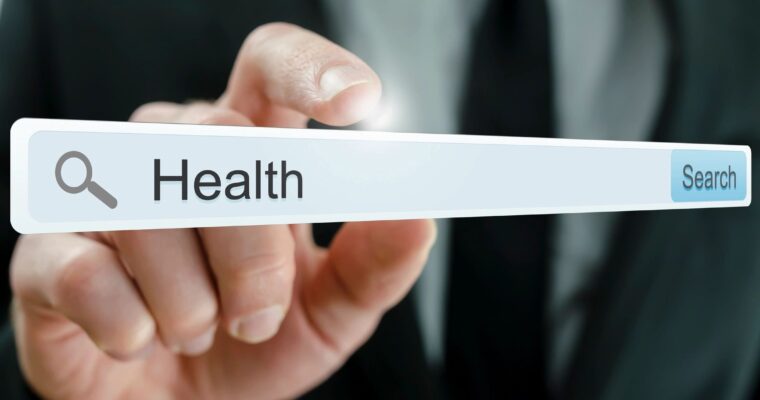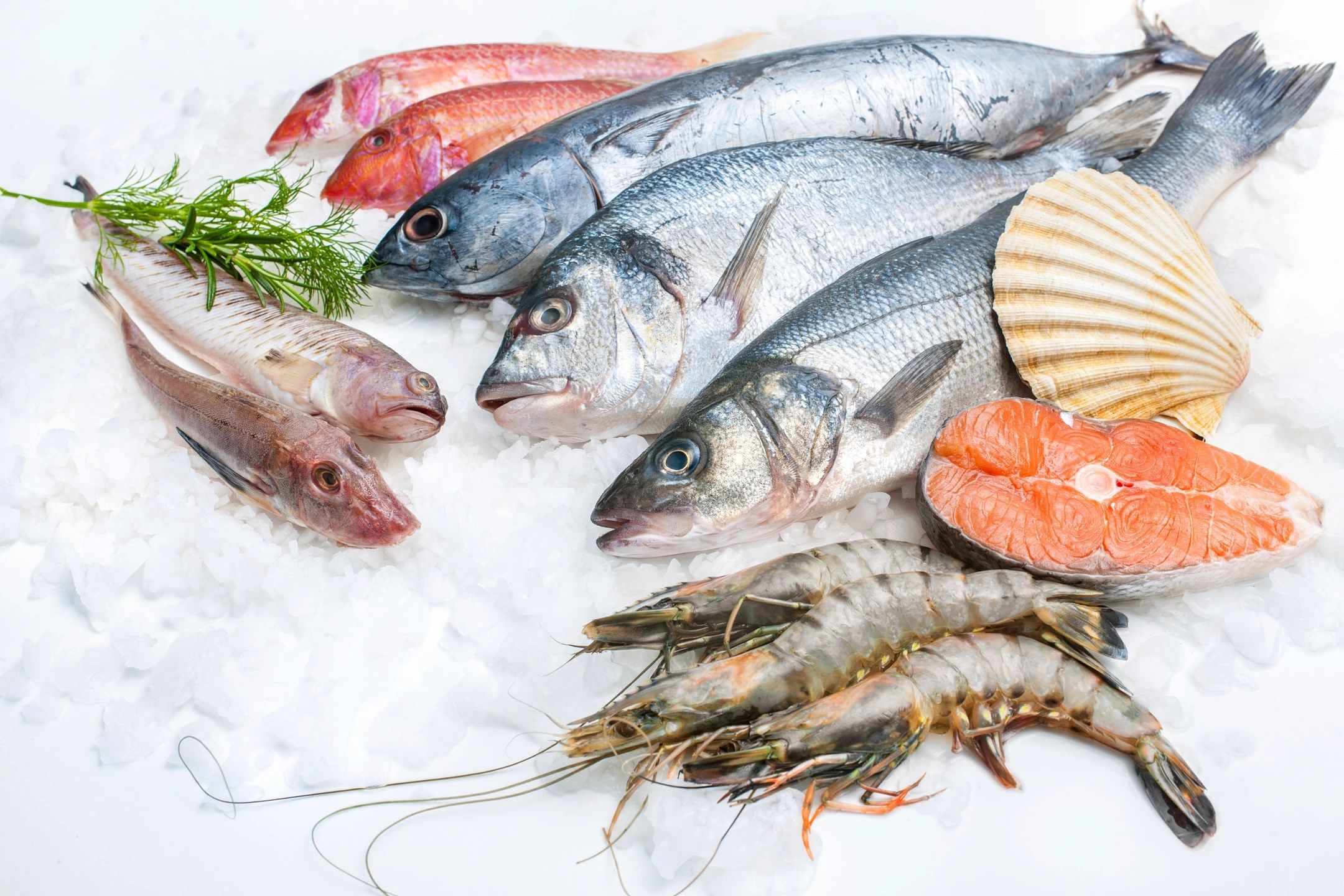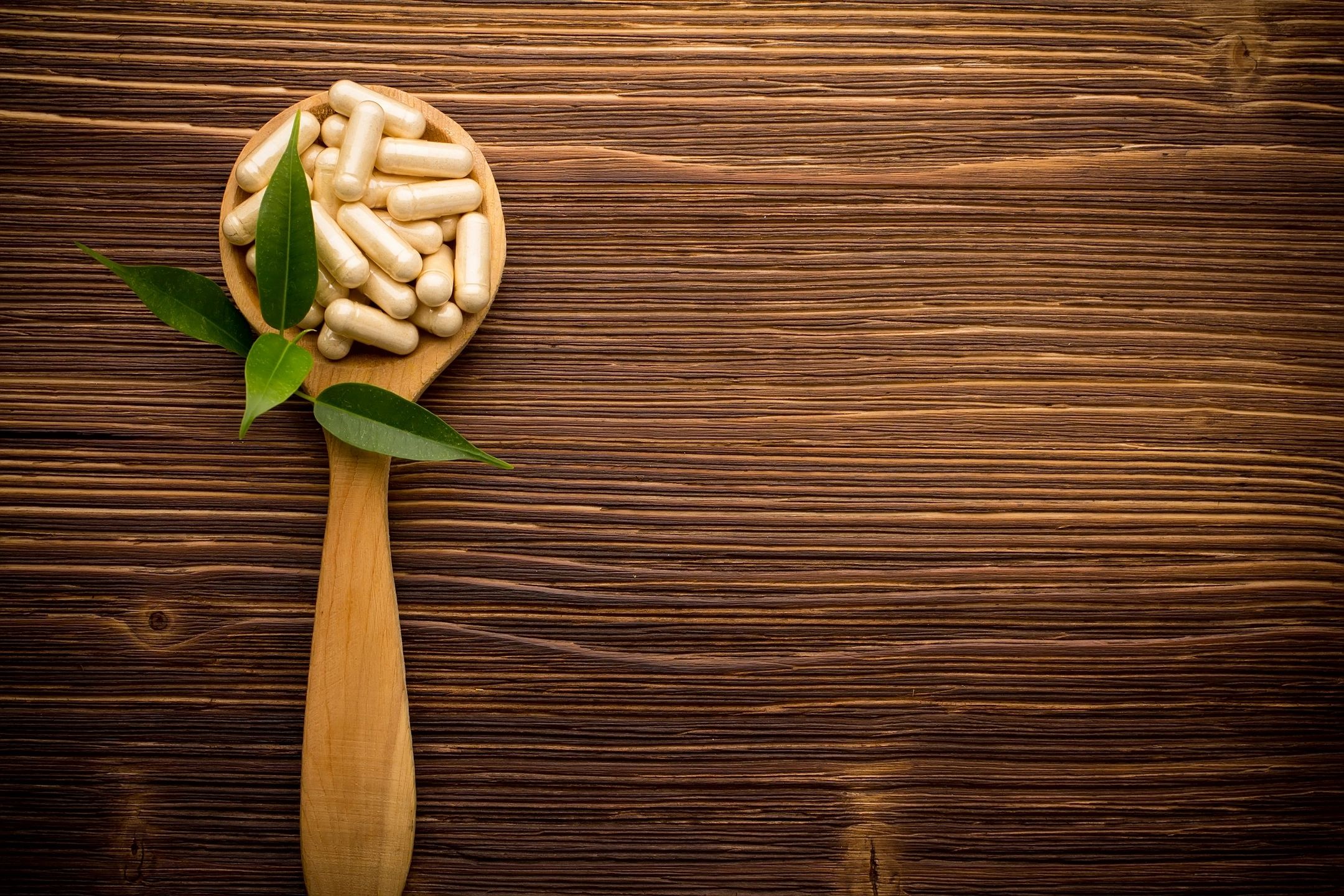Krill Oil vs Fish Oil
Dr. Claire Arcidiacono, ND
One of the most confusing topic’s in the vitamin world is the difference between krill oil and fish oil. I get asked pretty much all the time what exactly is the difference between the 2. How does one pick which one they should use? Well these are all important questions that I’ll be reviewing in this blog. So let’s get into it, shall we?
Before I get into this topic too deeply I want to emphasize that I’ll be strictly talking about Invite’s Krill Oil and Fish Oil. For example some krill oil brands may have fish oil added which would alter some of its properties. Other brands of fish oil may contain different types of fish when compared to Invite. This is neither good nor bad but just different. So to start with just what are krill oil and fish oil? Well both krill oil and fish oil are natural sources of EPA and DHA, or omega 3 fatty acids. Krill oil is an oil derived from tiny shell fish called krill. Invite Fish Oil is derived from Anchovy! Now before you go any further if you are allergic to shell fish it’s not advisable to use krill oil since it is extracted from a shell fish.
As I said fish oil and krill oil are both omega 3s. Krill oil omega 3s are attached to a phospholipid whereas fish oil is attached to a Triacylglycerol. This change in attached molecule can affect how well the omega 3s are absorbed. (1) Studies have found that in some cases krill may be easier to absorb. (2) Another difference is that krill oil is a natural source of Astaxanthin, which studies have shown is good for the heart. (3)
Fish oil has the benefit of being more easily assessable. It has also been studied more since it is older than krill oil. This means we have more information on how it works and any potential side effects or drug interactions. Another benefit to using fish oil over krill oil is that it tends to be higher in omega 3s at a lower cost. (4)
So when to use fish and when do you use krill? And then there is perhaps another of the most frequently asked questions, can I use both fish and krill at the same time? The simple answer is you absolutely can! Using either fish or krill oil is something that can involve several questions to help decide. First off are you allergic to shell fish? Well then you shouldn’t use krill but rather should use fish oil. Are you allergic to Anchovy? Well then you should use krill rather than fish. What is your budget like? Depending on our budget you may find it more convenient to choose one over the other or it may not matter. The next question is what are you goals in taking krill oil or fish oil? In my clinical experience as a Naturopathic I have found that krill oil use is associated with reports from customers as being better at improving memory and overall brain health. That is why when it comes to memory and brain health I usually recommend krill. Now when it comes to heart health and inflammation I find that customer feedback favors fish oil as being more helpful. So basically to sum things up in my clinical experience based on customer feedback I use krill oil for memory/ brain health and fish oil for heart/ general inflammation.
Now I know I mentioned allergies however I also want to mention that due to the fact that krill oil is attached to a phospholipid whereas fish oil is attached to a Triacylglycerol this means that krill is less likely to cause “fish burps” in anyone who is sensitive. Additionally krill oil capsules are smaller than fish oil so if you have trouble swallowing pills you may want to choose krill. Lastly if you do not eat shellfish due to religious reasons you may want to choose fish oil.
Now if you’re still feeling confused feel free to email me at carcidiacono@invitehealth.com!
Next up will be a Naturopathic viewpoint on the importance of Western and Holistic medicine working together to meet your health goas!
Sources:
- https://pubmed.ncbi.nlm.nih.gov/21854650/
- https://pubmed.ncbi.nlm.nih.gov/25884846/
- https://pubmed.ncbi.nlm.nih.gov/18474276/
- https://www.healthline.com/nutrition/krill-oil-vs-fish-oil







